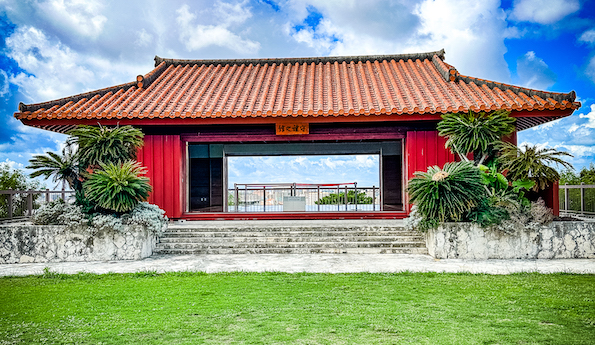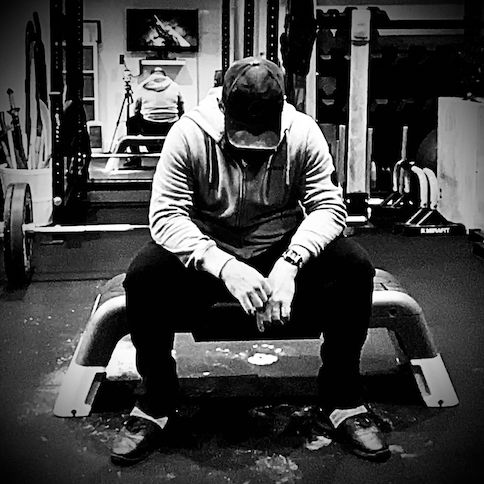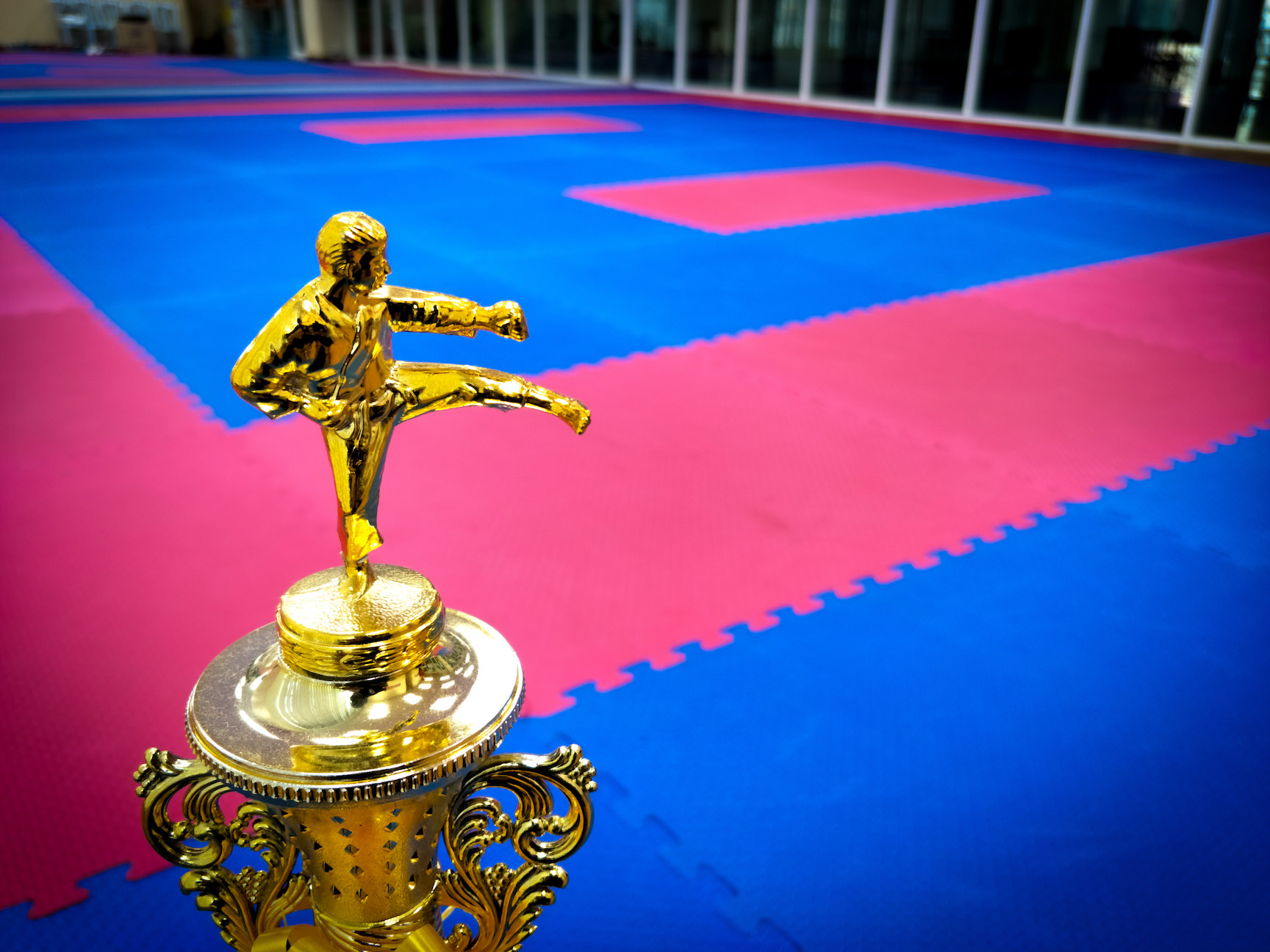I’ve been back for a few days now and have had a chance to decompress and get over most of the jet lag, getting some time to gather my thoughts on my experience in Okinawa.
In short, it was amazing and it turned into a trip that I wasn’t completely expecting. After visiting Japan so many times over the last 13 years Okinawa was refreshingly different.
A contrasting island vibe compared to the mainland’s well structured and extremely organised, punctual-to-the-second atmosphere, it didn’t take long to get used to the relaxed nature of things and taking my time to get around or do anything.Travelling solo for the first week and then accompanied by my friend and dedicated student Martin Lawrence made the experience all the more enjoyable.
A training holiday mostly so visiting the sites wasn’t a huge priority, although I did get to see a few places. The beaches were nice and the tourist trap of American Village was the cheese fest of trinkets and toot that I thought it would be.
What was powerful for me was visiting the historical sights of Hacksaw Ridge and Nakagusuku Castle and of course the Haka and memorial sites of Chojun Miyagi, the founder of Goju Ryu Karate, his teacher Kanryo Higaonna and one of Miyagi’s successors Meitoku Yagi.
Training was hot, sweaty and varied as much I expected it to be, and I was warmly welcomed to each dojo that I went to visit, bringing “omiyage” (souvenirs) from home as a gesture of thanks to each instructor for allowing me to train.
Attending multiple sessions at each dojo which gave me a small insight to their dojo culture and what type of atmosphere they had.
In no particular order, these are the dojos I had the pleasure of visiting:
- Meibukan: Akihito Yagi Sensei, 8th Dan
- OGKK: Norihiko Masuda Sensei, 7th Dan
- Asato Dojo: James Pankiewicz Sensei, 5th Dan & Andrea Klementisová Sensei, 5th Dan
- Jundokan: Tetsu Gima Sensei, 9th Dan & Tsuneo Kinjo Sensei, 9th Dan
- IKO: Tetsuhiro Hokama Hanshi, 10th Dan
- TOGKF: Morio Higaonna Sensei, 10th Dan
In addition, I also had the pleasure of getting reacquainted with Patrick McCarthy Hanshi, 10th Dan, founder of Koryu Uchinadi and the International Ryukyu Karate Research Society (IRKRS) at his home after having not seen each other in about 15 years. We spoke about many things and I look forward to having more in depth discussions in the future.
I have to say a huge thank you to Dan Antonsen (Meibukan) and Kieran Budd (Hokama Dojo) for assisting and arranging some of the training and sightseeing, and to George Andrews Sensei and Tony Green Sensei for their help with arranging training at the TOGKF and Jundokan, it all added to the incredible experience.
One part of the trip that I wasn’t sure how it was going to go was seeing everyone from Seiwakai, the association that I had been a part of for over 16 years. I was relieved that with almost everyone I saw it was full of smiles and happiness. Inundated with hugs and hearty handshakes, telling each other how good it was to see them, how long it had been and how much we missed being around each other in this wonderful karate environment that always brought us together to strengthen our bonds of friendship.
Sadly there was some negativity from a minority of individuals who put on a facade with me when others were around and were contrastingly different in private, trying to assert their authority over me where they no longer had any, which reinforced that I’d made the right decision back in March. Fortunately it was the only part that could sour the trip and it was washed out by the overwhelming amount of positivity that surrounded everything.
Overall, seeing everyone gave me a sense of closure and relief. I was sad and I will mourn that I won’t get to spend the same time with my brethren in the dojo like we used to, but I’ll put my efforts into staying in touch and maintaining the friendships with the ones who wish to stay connected.
I was asked a number of questions about why I left and what I’m going to do, but one of them sticks with me as I don’t feel that I got to answer the person properly at the time. They asked me this:
“I know what you’re moving away from, but what are you moving to?”
This was a great question as it was something I’d been trying to work out in the lead up to and after departing a few months ago.
For many years I’ve been seeking a balance of tradition and modern, finding the old ways and applying them to the new, developing technical ability, precision and understanding and connecting it with practical skills and applications that work on a realistic level. I’ve had an affinity for the Japanese technicality and Okinawan practicality so for these reasons and more, I’ve sought knowledge from multiple instructors as in my experience over the last 27 years as a karateka, no single person or system has all the answers.
If I choose to join another association in the future it will depend on how closely they align with my interests, standards, morals and ethics. I’ll do my due diligence and research before making a decision either way but I’m not in any rush.
My priority now and always is to ensure that the development, progression and future opportunities for my students remains steadfast and continues for many years to come.






 Sport kumite has a specific set of rules that must be followed, it is dynamic in its movements, restricted in its techniques and levels of contact, and most importantly there is a clear scoring system to allow competitors to be judged against each other and ultimately decide who is ‘best’.
Sport kumite has a specific set of rules that must be followed, it is dynamic in its movements, restricted in its techniques and levels of contact, and most importantly there is a clear scoring system to allow competitors to be judged against each other and ultimately decide who is ‘best’. Traditional karate by comparison is relatively solitary, low key, introspective, private, and personal. Progress is slow and steady.
Traditional karate by comparison is relatively solitary, low key, introspective, private, and personal. Progress is slow and steady.
 Students who are in competition with fellow students may spar peers or lower grades roughly and cause upset or injuries, may express derogatory opinions about fellow students, may react negatively when someone grades before them.
Students who are in competition with fellow students may spar peers or lower grades roughly and cause upset or injuries, may express derogatory opinions about fellow students, may react negatively when someone grades before them.